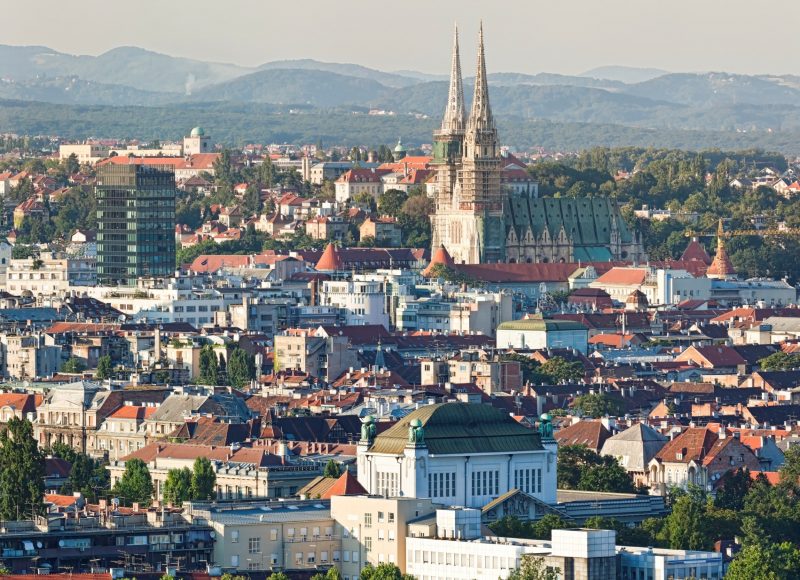
Kroatiens Beitritt zur EU: Erwartungen, Euroskeptizismus und regionale Implikationen
Kroatiens Beitritt zur EU: Erwartungen, Euroskeptizismus und regionale Implikationen
Abstract (Deutsch):
Am 1. Juli 2013 ist Kroatien als 28. Mitgliedsland der EU beigetreten. Der Beitritt ist ein großer Schritt. Denn im Zuge der Beitrittsvorbereitungen wurde das Land wesentlich reformiert und modernisiert. Der Beitritt ist jedoch auch ein wichtiger Schritt zur Normalisierung des gesamten Westbalkans. Einerseits kann eine positive Sogwirkung Kroatiens auf die Nachbarstaaten erwartet werden. Andererseits stellt der kroatische EU-Beitritt eine zusätzliche Herausforderung vor allem für Bosnien und Herzegowina und Serbien dar. In Kroatien selbst hält sich angesichts schwieriger wirtschaftlicher und sozialer Situation die Beitrittseuphorie in Grenzen. So tritt das Land in die Fußstapfen westeuropäischer EU-Müdigkeit und muss mit starkem Euroskeptizismus kämpfen.
Abstract (English):
On July 1st Croatia officially became the 28th member of the European Union. The accession represents a big step for Croatia. Since the beginning of Croatia’s journey to Europe, the country has been significantly reformed and modernized. Croatian EU-accession, however, also represents an important step for the whole Western Balkans. The new EU-neighbor could be expected to take on a positive leadership role in the region. But huge challenges in the regional context remain, primarily when it comes to the situation in Bosnia and Herzegovina and the relationship between Croatia and Serbia. In Croatia itself the rather bleak economic and social situation dampens EU-phoria. Thus, the country follows in the footsteps of Western European "EU-fatigue", having to fight against Euroscepticism at home.
Downloads
